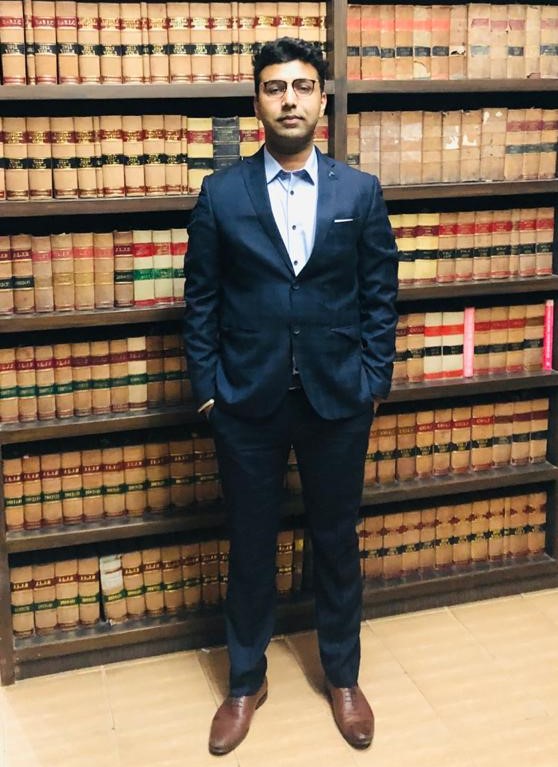Q. Being the first advocate from Jharkhand High Court to have won a judgment in your favor in proceedings conducted through video conferencing, do you feel online proceedings can be conducted comparatively more smoothly?
A. Video conferencing has been a common mode of meetings and delegations in most industries globally. Technology has evolved greatly today facilitating quick and easy communication in both personal & professional settings. I had a great experience during my video conferencing wherein proceedings were quite well conducted. However, there is always scope for improvement. Litigation has a unique backdrop as compared to other industries – it is sort of a debate based around the Constitution – hence, body language etc. do hold some significance unlike a simple verbal exchange of ideas in corporate meetings. As we employ more technological platforms, I am sure they would get better customized for the unique settings of a litigatory proceeding to replicate in-person interactions.
Q. What were the problems that you encountered during the same?
A. I did not face any specific problems, but generally, considering the importance of smoothness and continuity of an argument, any network related problem / issue obstructs the proceeding of the ongoing court. Additionally, it is initially difficult to accustom yourself to argue before a judge on a tech platform and the lack of in-person interaction afforded in a court setting.
Q. Has the fact of you being a second-generation lawyer been instrumental in your legal career?
A. I hope so! Given that both of my parents are lawyers, I have grown up listening to dinner conversations related to the constitution, writ petitions etc. This has meant that I have been familiar with legal jargons and the structure of legal proceedings even before joining the profession, which has both aroused my interest and helped me settle in faster once I became a lawyer. Secondly, most of our extended family and family friends are in the same profession, therefore, I feel fortunate to have a wide variety of mentors in this field. Experience is pivotal in this profession, hence, having mentors with years of experience in different fields of law is extremely valuable.
Q. Your internships have primarily been in the litigation sector. What advice would you like to give students pursuing internships in the litigation sector for the first time?
A. Firstly, I would strongly recommend that students should start interning from the very 1st year of law school, which will help them build a strong foundation of basics and will simultaneously, open up more opportunities in their senior year. Secondly, I would like to advise the students interested in litigation that no work is small. My father has always told me that a lawyer is one who has his/her basics right. A lawyer shall always remain a student of law. This has always stayed with me.
Q. What do you see as the major emerging trends in the legal field today?
A. There are numerous emerging trends. Law is being tested by unprecedented situations. India is still a young democracy and an evolving economy. If you think of it, we have achieved economic liberalization only a couple of decades back. Following liberalization in 1991, we have seen an emergence of dozens of private corporates in a vast number of industries. This has meant that our law has had to evolve to incorporate such economic developments and at the same time introduce litigatory checks and balances. Our Bankruptcy Code (IBC) is a great example of the evolutionary nature of our legal system. And of course, our judicial system needs to keep abreast of modernization in technology. Virtual court proceedings, digitization of laws and easier availability of legal knowledge are some emerging trends which will gain traction in the future, in my view.
Previous post: https://desikanoon.in/intellectual-property-rights-and-biodiversity/

